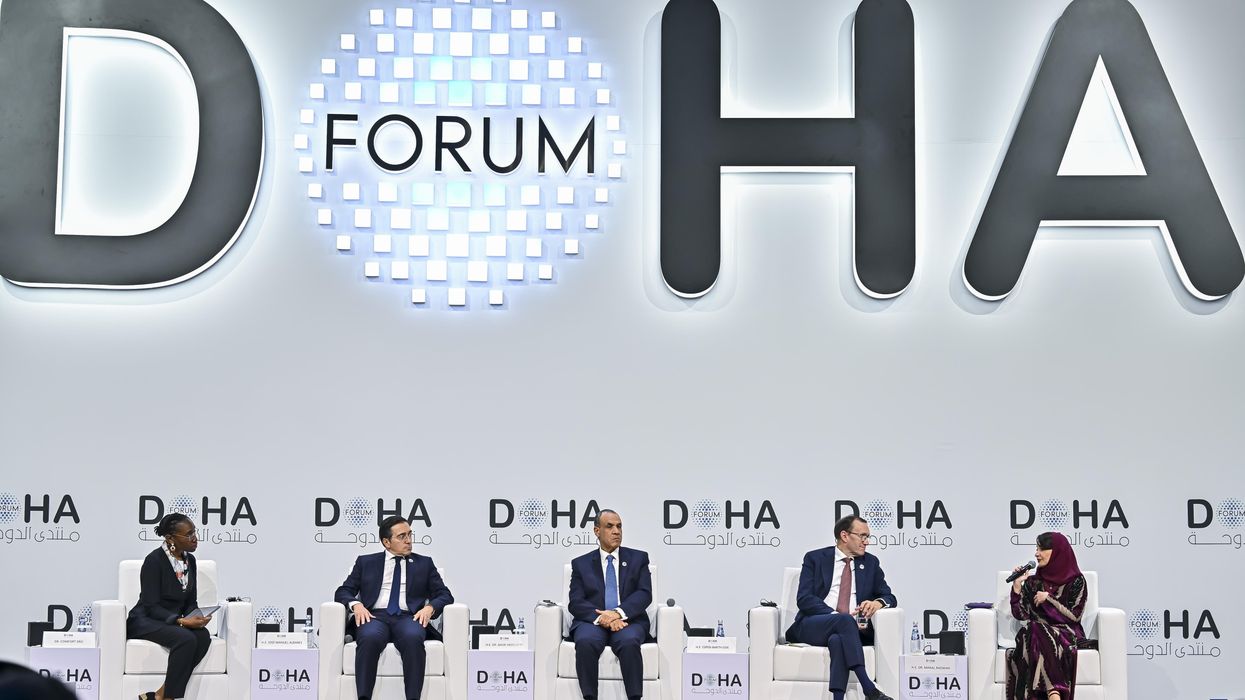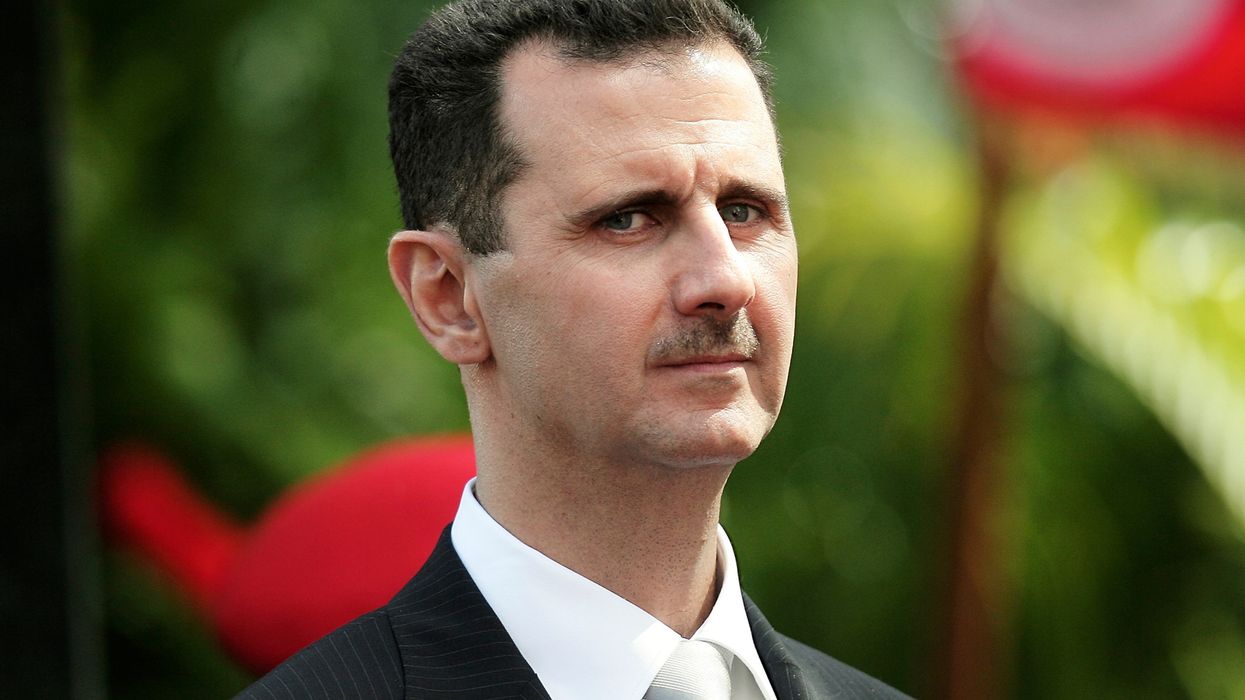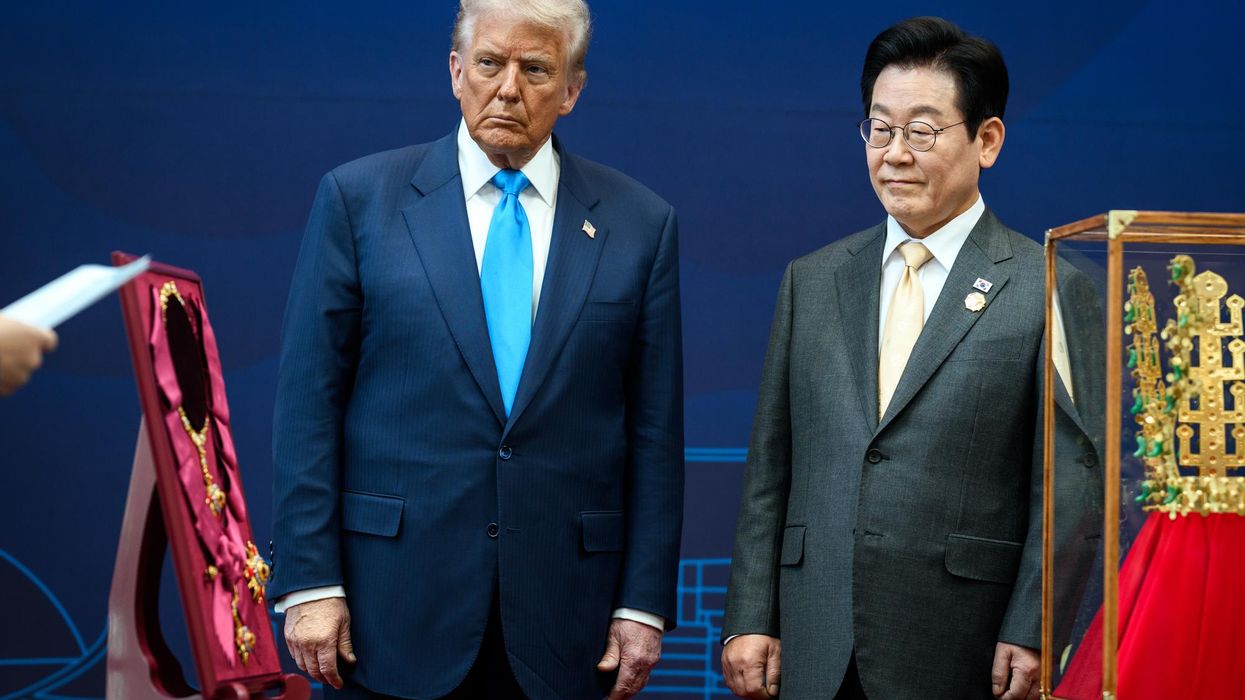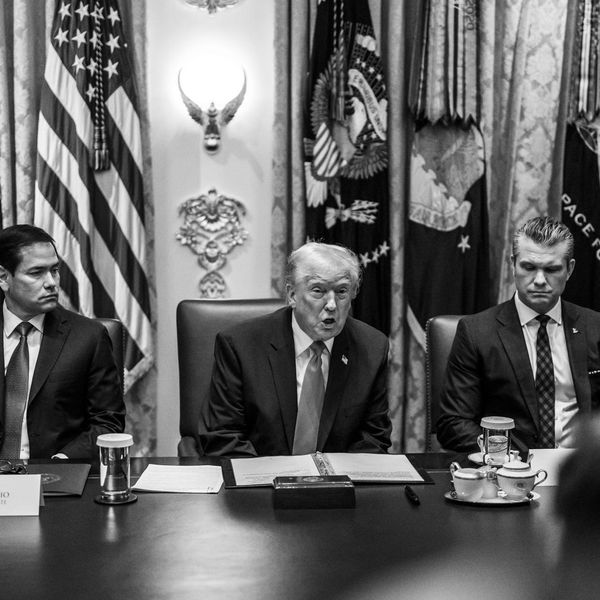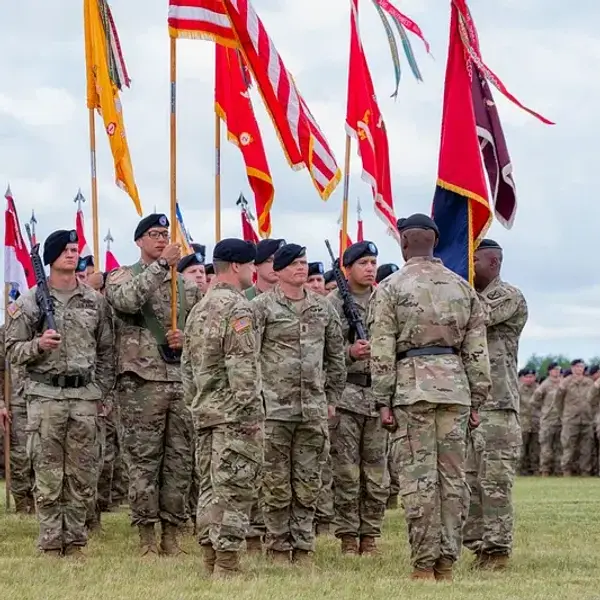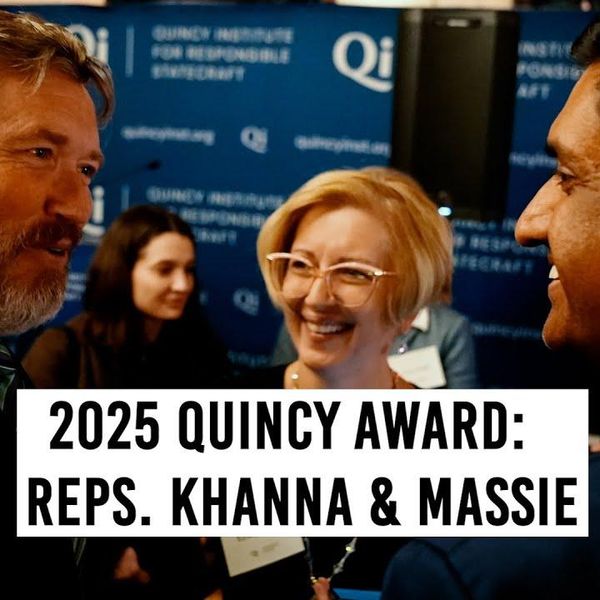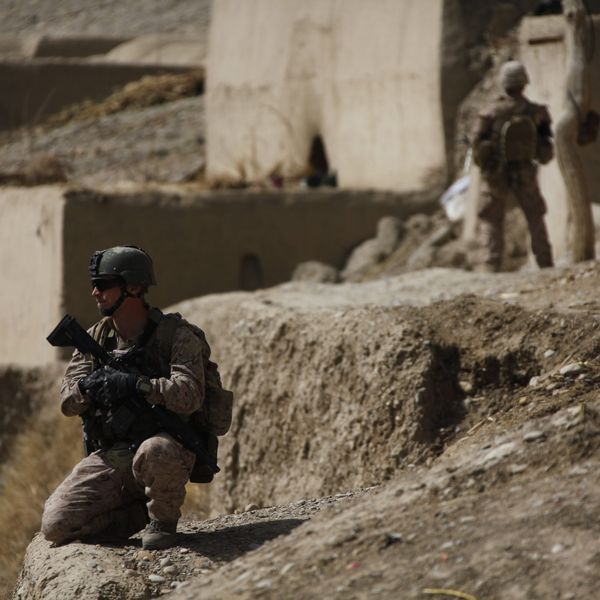Mexican President Andrés Manuel López Obrador said Monday morning that he will not attend this week's Summit of the Americas in Los Angeles, marking a blow against President Joe Biden's diplomatic plans in the Western Hemisphere.
López Obrador’s decision came after the White House officially announced that it will not invite Cuba, Nicaragua, or Venezuela to the event, citing concerns about human rights and authoritarian governance. The move is the latest flashpoint in weeks of drama over the summit’s guest list, with López Obrador, also known as AMLO, and other regional leaders threatening to boycott the event if Biden kept his promise to snub the three countries.
The Mexican president’s absence will make it harder to make progress on the summit’s wide-ranging agenda, which will cover everything from democracy to climate change and inequality in the region during a series of high-level meetings from Wednesday through Friday. It’s also a bit embarrassing given recent comments from White House official Juan Gonzalez that the White House is “really confident that the summit will be well-attended,” and that Biden “very personally wants the president of Mexico there.”
And the consequences go beyond abstract foreign policy and image concerns, according to Aileen Teague of the Quincy Institute. “A summit with critical partners missing would also deliver a huge blow to Biden’s attempts to find solutions to U.S. domestic problems that range from border security to immigration flows to the rise in oil and gas prices,” Teague wrote in a recent piece for Responsible Statecraft.
The controversy also shows a weakness of Biden’s strategy for fighting authoritarianism. As Teague wrote, Biden’s attempt to strengthen ties with democratic partners in the region has had the opposite effect, weakening relations with Mexico and other democracies in the Americas. She added that America’s position on the summit is “hypocritical” and “inconsistent,” noting America’s historical support for Latin American dictators when convenient for US policy.
Reuters reported last month that Biden considered inviting lower-level Cuban officials in order to get López Obrador’s support, but that plan was scuttled in favor of a decision to invite Cuban civil society leaders. US officials have said that they will also invite non-government representatives from Nicaragua and Venezuela, and some reports say Juan Guaidó — who the US recognizes as the Venezuelan president — could attend a virtual event on the sidelines of the conference.
The leaders of Guatemala, Honduras, Bolivia and several Caribbean countries also threatened to boycott the event in solidarity with blacklisted countries, potentially weakening the conference further and signaling a drop in U.S. influence in the region. As of Monday afternoon, no other countries have announced that they will be pulling out of the event.
Some argue the move could jeopardize the future of the summit itself. The event has been on life support since former President Donald Trump decided to skip the 2018 meeting, which only half of the region’s heads of state ended up attending. Trump surprised the region in 2019 by offering to host the next summit, but plans for that meeting were delayed after he suggested invading Venezuela in order to unseat Nicolás Maduro.
Observers expected that Biden’s election would put things back on track, especially given his campaign promise to emphasize diplomacy in his foreign policy. Moreover, President Barack Obama attended both the 2009 summit in Trinidad & Tobago and the 2015 summit in Panama, where he famously shook hands with Cuban President Raul Castro, and many assumed Biden would follow suit.
But the president has shown no intention of following Obama’s line in the region, likely due in part to opposition from Senator Bob Menendez, who has long advocated against diplomacy with Cuba, Venezuela, and Iran. With a 50-50 Senate, Menendez has the power to sink Biden’s agenda to get his way, and he’s shown a willingness to flex his muscles when he gets a chance.
Regardless of the underlying motivation for the policy, White House officials say the “summit will be successful no matter who attends.” Time will tell if their prediction comes true.


